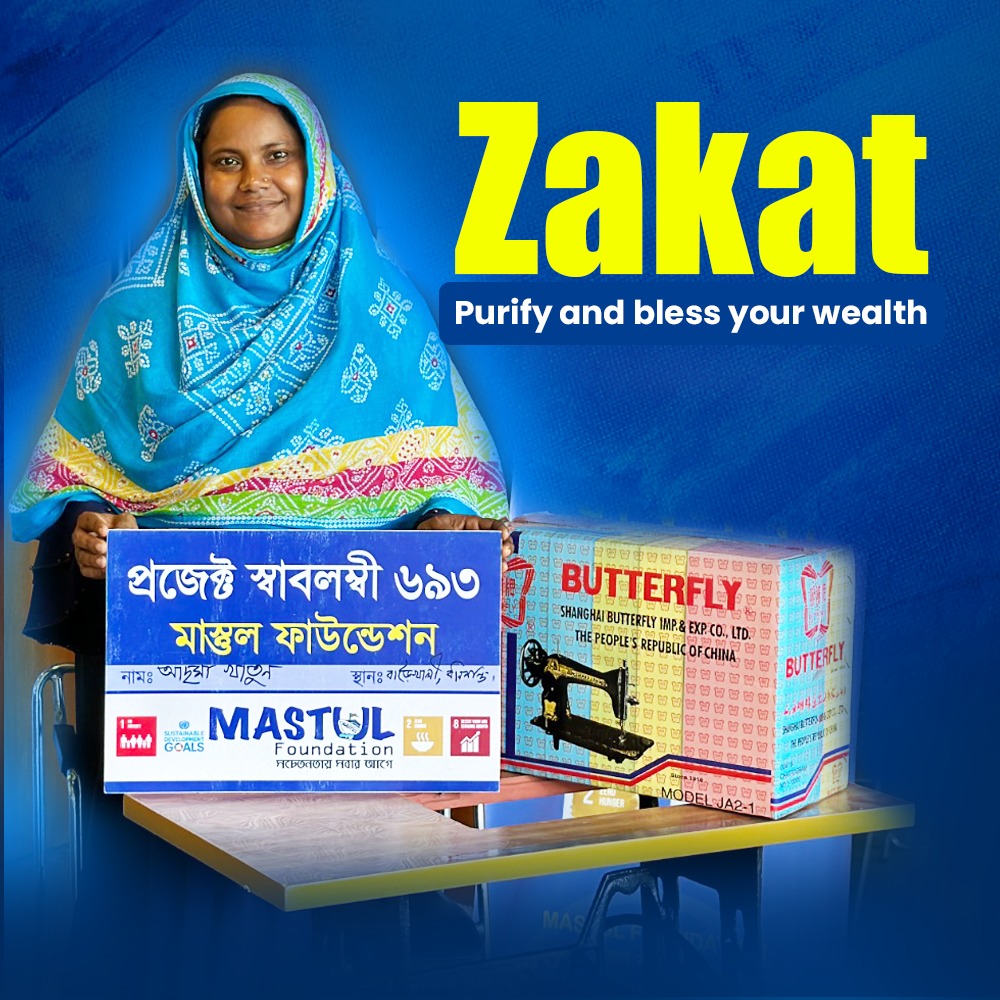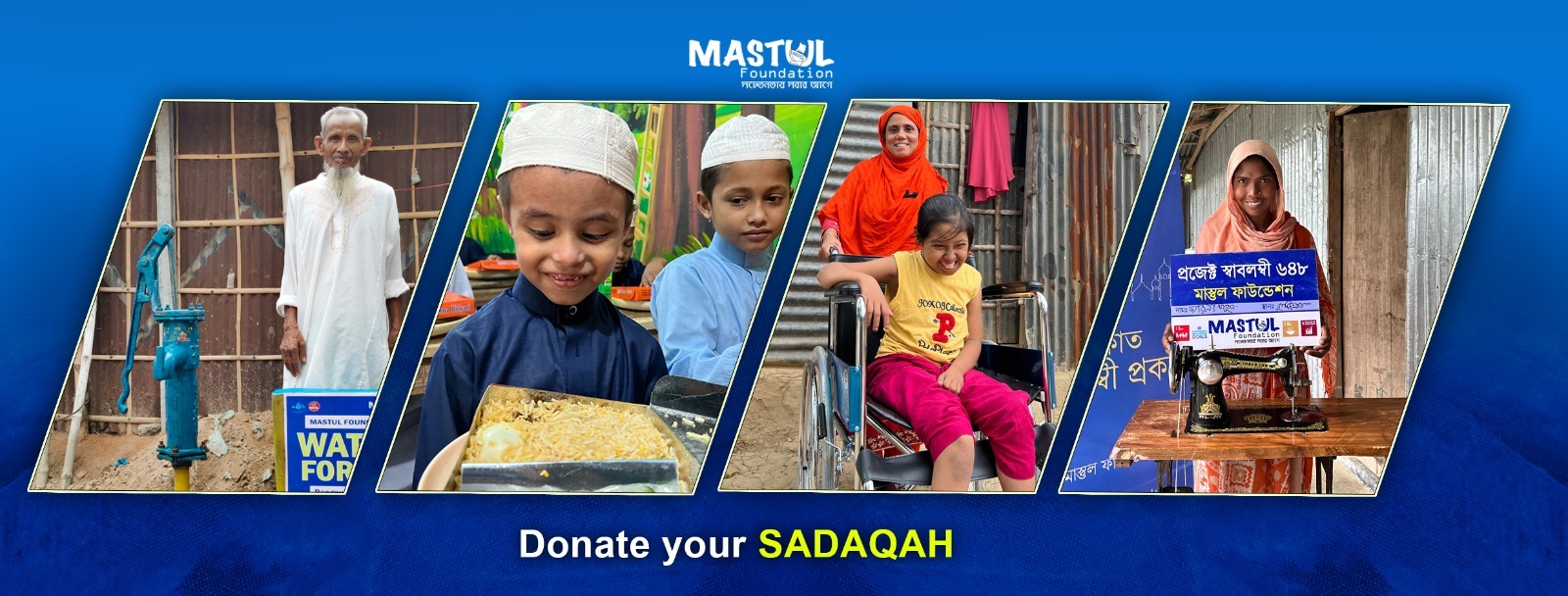Zakat: Purify and bless your wealth
- MASTUL Foundation |
- February 6, 2024
Zakat: Purify and bless your wealth
If they repent, establish prayer and pay zakat, then (they) are your brothers in the same religion. And We explain the verses for people who know.” (QS. At-Tauba: 11)
Zakat is the third pillar of Islam and the obligatory charity for the capable Muslim.
The factual meaning of zakat is cleansing or purifying! Typically, according to the Islam- Purifies and maximizes wealth. Also, it brings blessings! The Prophet (pbuh) said: “Whoever pays the Zakat on his wealth, will have its evil removed from him.” (Ibn Khuzaimah and Al-Tabarani).
Zakat is also a spiritual connection to one’s maker – to purify your wealth for the will of Allah (swt) is to acknowledge that everything we own belongs to Him, and it is for Him that we strive to end poverty and help our brothers and sisters.

Following the Hanafi madhab, Zakat constitutes 2.5% of the wealth held in one’s possession for a lunar year. No Zakat is obligatory if the wealth falls below the specified threshold, known as the nisab. However, when the wealth exceeds the nisab, Zakat becomes mandatory.
“And establish prayer, pay zakat and bow with those who bow.” (QS. Al-Baqarah: 43)
Yes! Zakat: Purify and bless your wealth. Zakat is a mandatory practice in Islam. Significantly it brings well-being and balance in society and gives endless happiness to the poor and helpless people. Therefore, the person, who is eligible to pay zakat must ensure that it is proving to the most deserving beneficiaries.
To qualify for Zakat, recipients must be categorized as poor or needy. A person is considered poor when their possessions, beyond essential needs, fall below the nisab threshold. Additionally, Zakat recipients cannot be immediate family members, excluding spouses, children, parents, and grandparents from receiving Zakat funds.
Here is the list of eight recipients of Zakat who can accept Zakat:
- The poor.
- The needy.
- Zakat administrators.
- Those whose hearts are to be reconciled, meaning new Muslims and friends of the Muslim community.
- Those in bondage (slaves and captives.)
- The debt-ridden.
- In the cause of Allah
In conclusion, Zakat represents not only a financial obligation but also a profound spiritual practice in Islam. By purifying and blessing wealth, individuals fulfil a duty to fellow human beings while strengthening their connection with the divine. The act of giving Zakat actively contributes to ending poverty and promoting social harmony.

